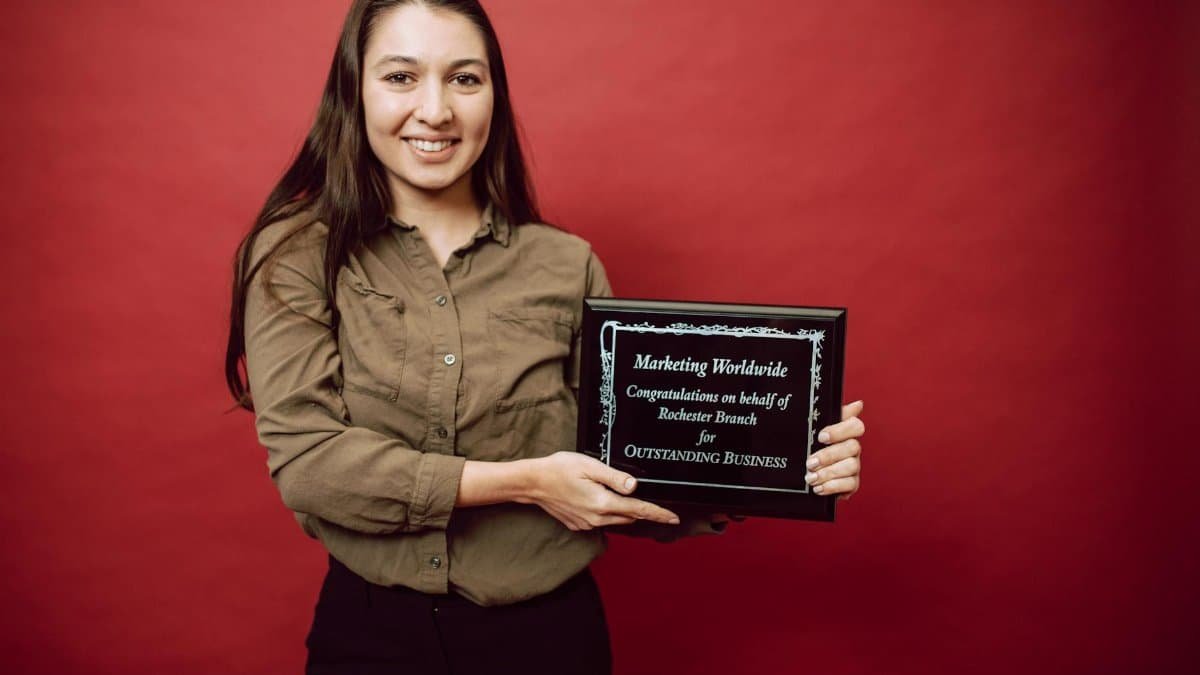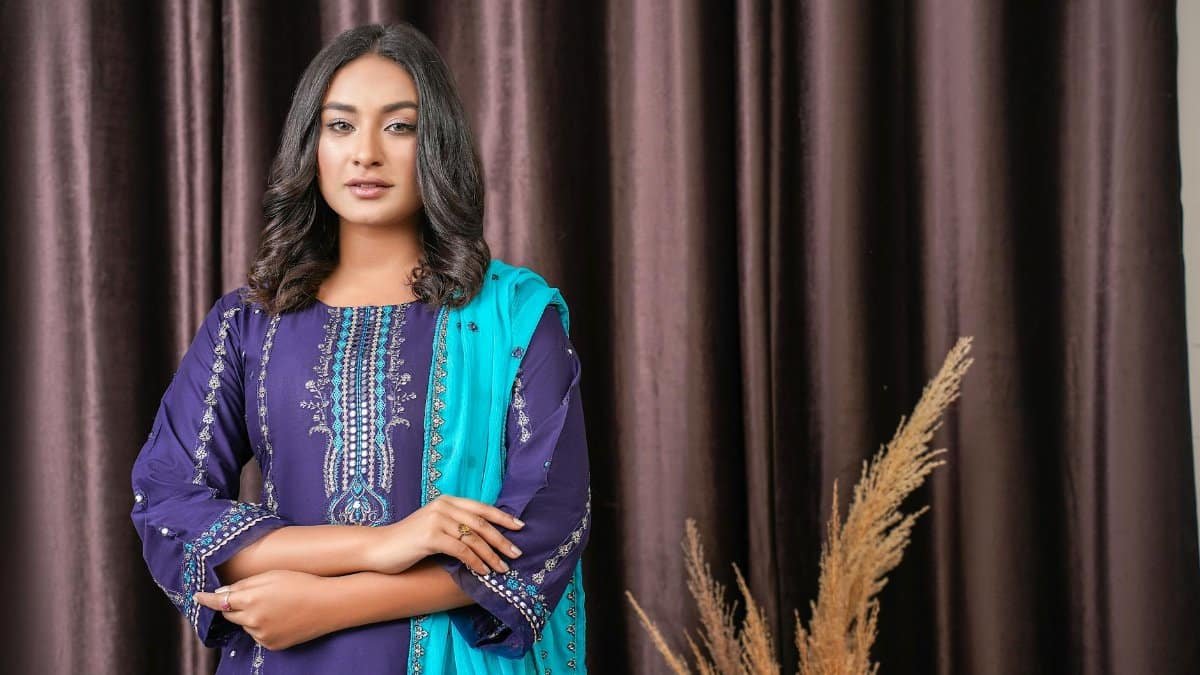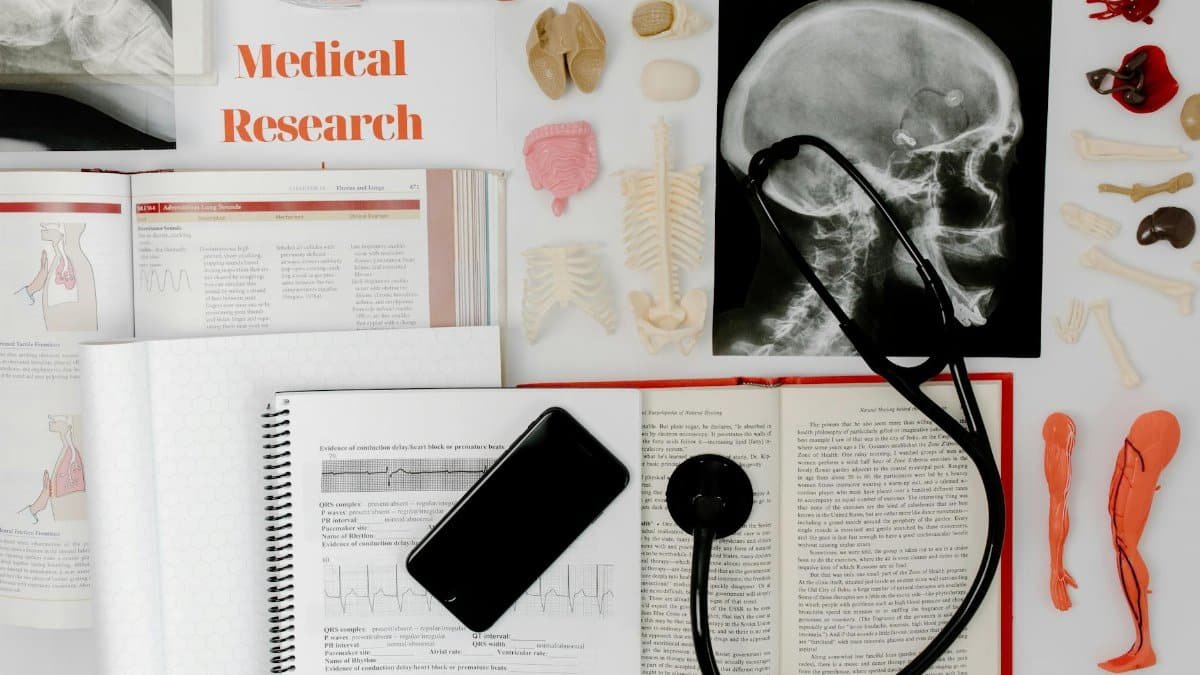Is the Ayurveda licensing workshop US 2025 conference the key to integrating ancient healing into modern healthcare? On May 2, 2025, during the Ayurvedanama pre-conference, industry leaders gathered for a pivotal roundtable workshop in the U.S. to tackle the complex issue of legally licensing Ayurveda practitioners. This focused discussion aimed to carve out a path for professional recognition within the country’s healthcare frameworks. As interest in holistic practices surges, the push for formal acknowledgment of Ayurveda signals a potential shift in how alternative medicine is perceived and regulated.
A Milestone Gathering for Ayurveda in the U.S.

The Ayurvedanama pre-conference on May 2, 2025, marked a significant moment for Ayurveda advocates in the United States. Hosted as a precursor to the larger conference, this event brought together key figures in the field to address a pressing need: establishing a legal framework for licensing practitioners. With the growing popularity of Ayurveda—a traditional Indian system of medicine—among Americans seeking alternative health solutions, the workshop underscored the urgency of integrating it into mainstream healthcare systems.
The Push for Professional Recognition

At the heart of the Ayurveda licensing workshop US 2025 conference was the drive for professional recognition. Industry leaders discussed the current lack of standardized credentials for Ayurveda practitioners in the U.S., which often leaves them operating in a legal gray area. Without formal licensing, practitioners face challenges in gaining trust from both the public and medical establishments. The roundtable aimed to change that by identifying actionable steps to align Ayurveda with existing healthcare regulations.
Strategizing Legal Pathways

During the May 2 workshop, participants strategized specific approaches to secure legal licensing for Ayurveda professionals. This involved exploring how to adapt state and federal healthcare policies to accommodate a practice rooted in centuries-old traditions. Discussions likely centered on creating certification programs, defining scope of practice, and establishing educational standards that could satisfy regulatory bodies. The goal was clear: ensure that Ayurveda practitioners can operate legally and safely within the U.S. medical landscape.
Challenges in Bridging Traditional and Modern Systems

One of the core issues tackled at the workshop was the inherent clash between traditional Ayurvedic practices and modern Western medical standards. Ayurveda emphasizes personalized treatments using herbs, diet, and lifestyle adjustments, which can be difficult to standardize under rigid regulatory frameworks. Leaders at the Ayurvedanama pre-conference grappled with how to present evidence of efficacy and safety to skeptical policymakers while preserving the holistic essence of the practice.
The Growing Demand for Holistic Healthcare

The timing of the Ayurveda licensing workshop US 2025 conference aligns with a broader trend in the U.S. toward holistic and alternative medicine. As more Americans turn to non-conventional treatments for chronic conditions and wellness, the demand for qualified Ayurveda practitioners has risen. This workshop highlighted the need for a structured licensing process to protect consumers from unqualified providers while meeting the public’s growing interest, as evidenced by increasing enrollment in Ayurveda-related programs nationwide.
Collaborating with Healthcare Stakeholders

Another critical focus of the May 2 roundtable was fostering collaboration with broader healthcare stakeholders. Industry leaders recognized that gaining acceptance for Ayurveda requires dialogue with medical boards, insurance providers, and government agencies. By engaging these groups, workshop participants aimed to build a coalition that could advocate for policy changes, ensuring Ayurveda is seen as a credible complement to conventional medicine rather than a fringe practice.
Learning from Other Alternative Medicine Models

The workshop also likely drew inspiration from other alternative medicine fields that have successfully integrated into U.S. healthcare. For instance, acupuncture and chiropractic care have established licensing frameworks in many states, often backed by rigorous training and certification processes. Leaders at the Ayurvedanama event may have examined these models to identify best practices that could be adapted for Ayurveda, tailoring them to fit its unique principles and methodologies.
Support from Research and Advocacy

Credibility for Ayurveda’s integration into U.S. healthcare is bolstered by ongoing research and advocacy efforts. Organizations like the National Center for Complementary and Integrative Health (NCCIH) provide resources and studies on traditional practices, offering a foundation for policy discussions. For more on their work, visit NCCIH Official Site. Additionally, broader health policy trends can be explored through resources like the CDC National Center for Health Statistics, which tracks public interest in alternative therapies.
Next Steps After the Workshop

The outcomes of the May 2, 2025, workshop are expected to lay the groundwork for future advocacy and policy proposals. While immediate changes to licensing laws were not announced, the roundtable served as a catalyst for organizing the Ayurveda community around a unified strategy. Participants left with a clearer vision of the hurdles ahead and a commitment to pursue legal recognition, potentially influencing state-level legislation in the coming years.
A Turning Point for Ayurveda in America

The Ayurvedanama pre-conference workshop represents a turning point for Ayurveda in the United States. As the field gains traction among health-conscious Americans, the push for licensing and professional recognition becomes more urgent. The discussions held on May 2, 2025, signal a proactive effort to bridge ancient wisdom with modern regulatory demands. If successful, these efforts could redefine how alternative medicine is practiced and perceived, paving the way for Ayurveda to become a respected part of the U.S. healthcare system.
